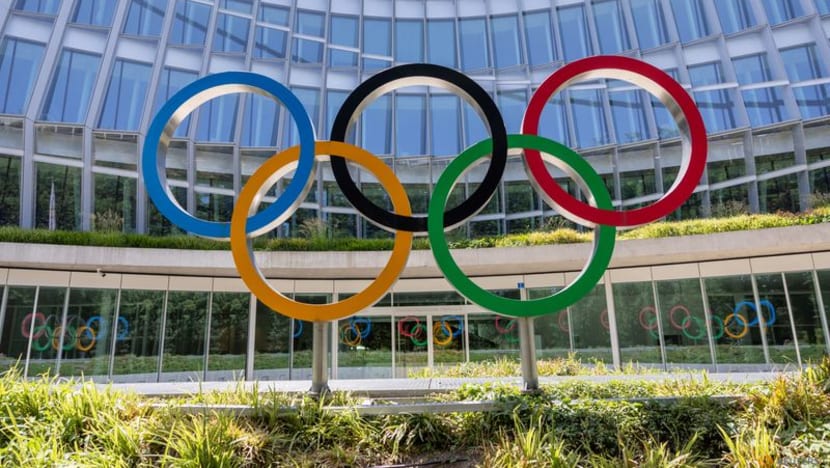

India is actively addressing its doping problem as part of its campaign to host the 2036 Summer Olympic Games in Ahmedabad. Recognizing the importance of a clean sporting environment, the government and sports authorities are taking significant steps to strengthen anti-doping measures and align with international standards.
One of the most important steps is the introduction of the National Anti-Doping (Amendment) Bill 2025 in the Lok Sabha. The bill seeks to provide greater independence to the National Anti-Doping Agency (NADA). This move addresses concerns raised by the World Anti-Doping Agency (WADA) about potential government interference in NADA's operations. The amended bill ensures that NADA and the National Anti-Doping Appeal Panel can operate autonomously in their investigations, operations, and enforcement activities. The bill also aligns the National Anti-Doping Act, 2022 with the World Anti-Doping Code, incorporating international best practices into India's legal framework.
Furthermore, the Indian Olympic Association (IOA) has taken action by establishing a seven-member anti-doping panel. Headed by former tennis player Rohit Rajpal, the panel includes experts in sports medicine and other fields. The formation of this panel follows concerns raised by the International Olympic Committee (IOC) regarding the high number of doping cases in India.
These efforts demonstrate India's commitment to tackling doping and promoting fair play. By strengthening its anti-doping infrastructure and ensuring the independence of its anti-doping bodies, India aims to create a credible and trustworthy sporting environment. This is crucial not only for the 2036 Olympic bid but also for the overall development of sports in the country.
In May 2025, NADA India hosted WADA's Global Anti-Doping Intelligence & Investigations Network Workshop in New Delhi. The workshop brought together experts from around the world to share knowledge, improve collaboration and strengthen the global anti-doping system. Participants discussed intelligence functions, investigative techniques, confidential source management, and analytical methods.
Despite these efforts, challenges remain. India topped WADA's 2023 testing figures among countries analyzing over 5,000 samples, with a high positivity rate of 3.8%. The Athletics Integrity Unit has also placed India high on the list of doping offenders in track and field. These statistics highlight the need for continued vigilance and proactive measures to combat doping at all levels.
The IOC has communicated to India that while the 2036 Olympic bid is welcome, India must address the doping issues. Resolving governance issues within the IOA and improving overall sporting performance are also key. By addressing these concerns, India can strengthen its position as a viable host for the 2036 Olympic Games and demonstrate its dedication to upholding the values of clean and fair sports.